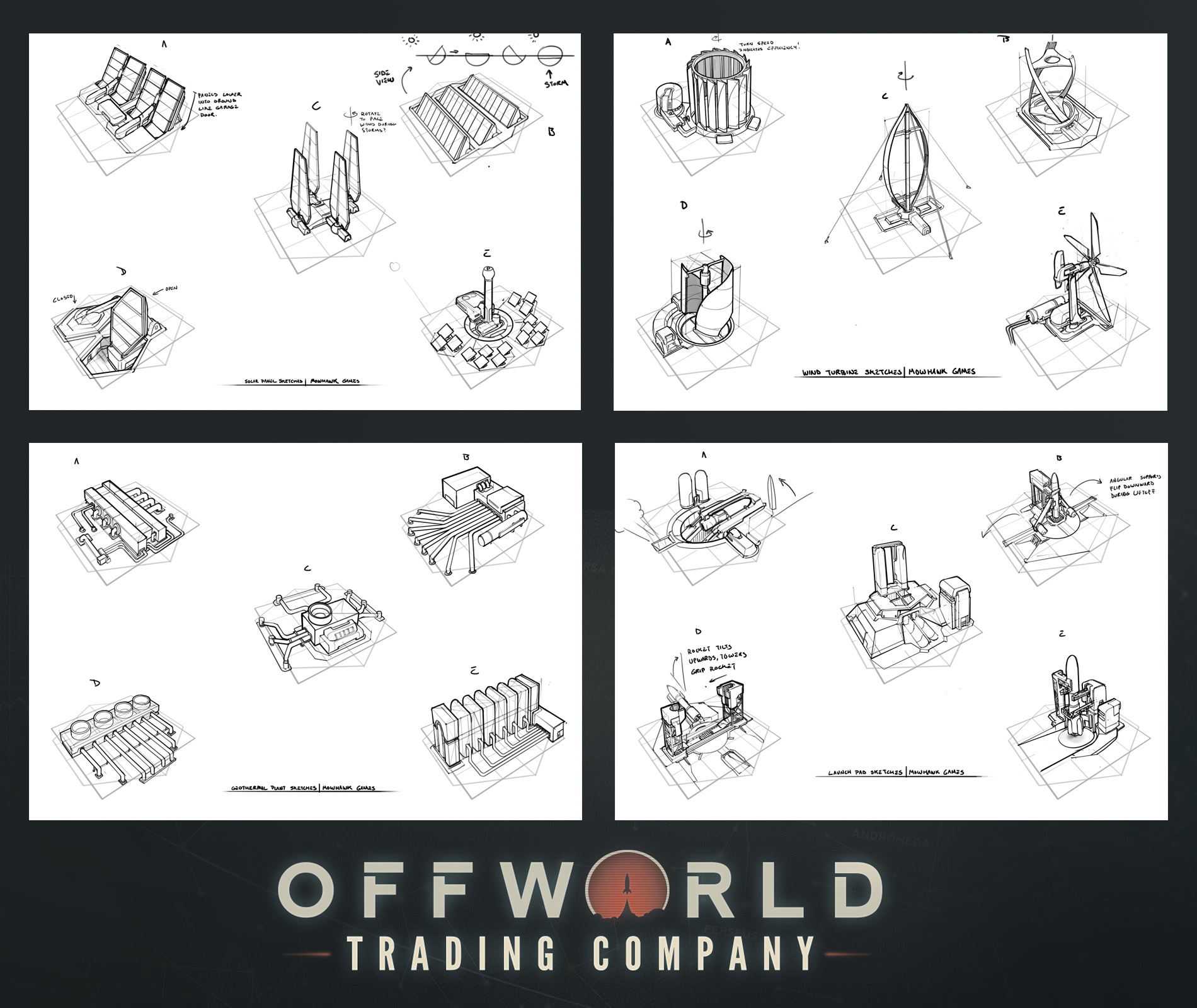

Make too many hasty grabs at lush stacks of carbon, though, and you could find yourself being crippled by extortionate food costs or the constant electricity bills. But resources are limited, often brutally so, and failing to secure the map's prime source of a more advanced material quickly can prove disastrous, particularly when there are up to seven opponents all trying to do the same thing at once. Because each faction has a limited number of land claims it can establish on hexes before it must expand its headquarters, (which in itself both costs resources and results in a higher rate of their consumption,) the early game often consists of establishing the production of essentials. The relationships between these thirteen things is ostensibly simple, but quickly resolves into a densely integrated clockwork web of dependent markets, subtle algorithms and tightrope ledgers. Then there are the elemental resources of carbon and silicon, each essential to the higher-end commodities of chemicals, glass and electronics. Further down this hierarchy of needs come metals: aluminium, iron and the more valuable refined steel. For most factions, you'll also need water, food and oxygen to get by, with a natural consumption rate necessitating purchase at market prices if you're not producing enough of your own. Fuel powers the scudding barges which ferry your resources from your mines and refineries.


Everyone needs it, and if you're running at a deficit it accumulates a rapid and often debilitating debt. Characterful splash screens bring a little narrative colour to what could otherwise be a slightly cold experience.Įverything is related. To get resources, you must build, placing solar panels or steel mills or carbon scrubbing units on the hexes of the Martian surface. The entire left hand side of the screen is dominated by a constantly fluctuating market of a dozen or so resources, each noting the rate of spend or accumulation in your personal stockpile, your total holding and the all important sale price. There's no combat, no direct unit control. Offworld Trading Company is an economic RTS. By virtue of his being in charge of officially one of the Greatest Games of All Time, I persevered in the face of my own ineptitude, and soon the pennies began to drop. Honestly, I didn't at first, but Mohawk is headed up by Soren Johnson, the man who was lead designer of Civ 4. So whilst it comes as no surprise that I am not particularly good at Mohawk's fiercely financial strategy debut, it has caught me somewhat off guard to find that I actually rather enjoy it. In almost everything I play with any sort of economic system, be it based upon gold or gems or souls or koala bears, I am perpetually impoverished. I fritter on nonsense, rather than saving up for the game changers, buying useless improvements and ignoring spectacular opportunities. It translates to many of my gaming experiences. As much as I'd like to claim this as a moral victory, born of a desire for fiscal equanimity, I suspect it's actually a simple consequence of a naturally feckless inflection: I do not manage money well. Not one of radical communism or fierce anarchy, but that quietly parochial English shame which afflicts all matters pecuniary. I come from a background in which there is an inherent guilt associated with wealth. I'll begin with this, so as to establish my position.


 0 kommentar(er)
0 kommentar(er)
